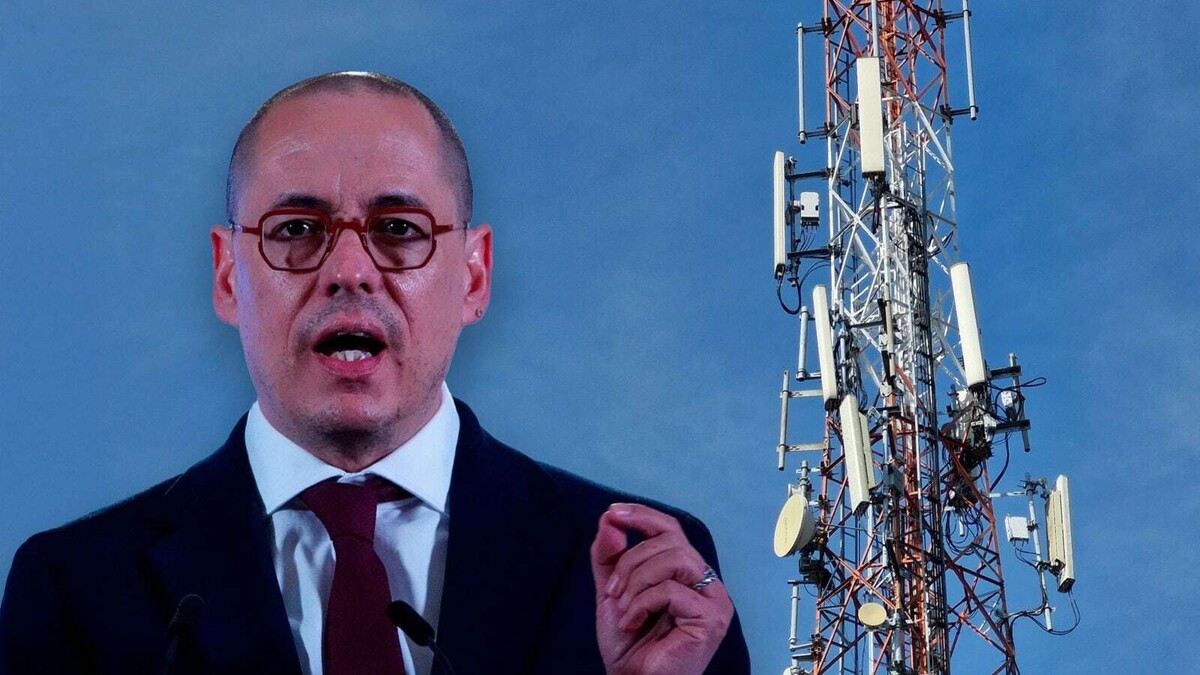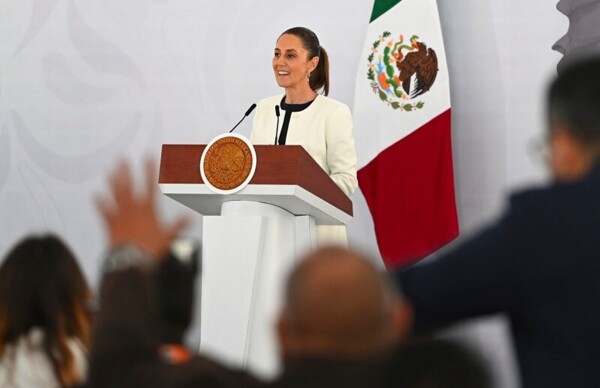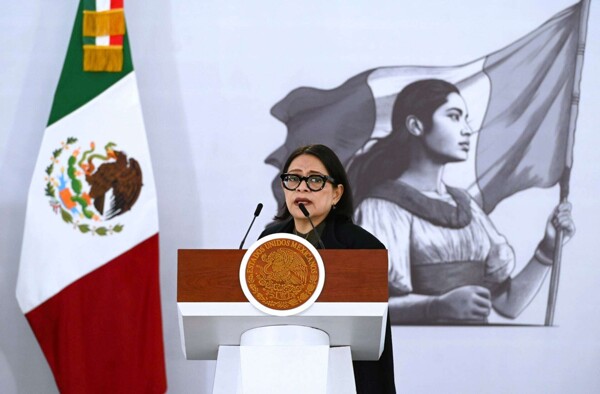
The Digital Transformation and Telecommunications Agency (ATDT), created by President Claudia Sheinbaum, is generating uncertainty and additional costs for telecommunications companies. This is due to changes and possible conflicts of competencies, as well as budget insufficiency with which it will start operations in 2025. Daniel Cabrera Martínez, an analyst at the consultancy The CIU, pointed out that the division of functions previously belonging to the Federal Institute of Telecommunications (IFT) between the ATDT and the Secretariat of Infrastructure Communications and Transport (SICT) could triple administrative costs for companies like América Móvil, AT&T, Grupo Televisa, and others. The new regulatory scheme involves the creation of a "double (or triple) window," which could generate uncertainty and higher administrative costs for the regulated, warned the analyst. The Internal Regulation of the ATDT states that the agency led by José Antonio Peña Merino will be responsible for digitizing 80% of government procedures, defining cybersecurity and telecommunications policy. Jorge Bravo, president of the Mexican Association of the Right to Information (Amedi), indicated that the creation of the ATDT represents an opportunity for digitization in Mexico, but presents institutional voids, such as the administration of the radio spectrum, which will remain in the hands of another authority yet to be defined, which could bring governance and regulatory efficiency problems in a key sector for digitization. The coexistence of the ATDT with other bodies, such as the SICT and a new agency under the Ministry of Economy, will generate conflicts of competencies and political issues in areas such as spectrum regulation and preeminence in telecommunications and broadcasting. This worries Virtual Mobile Operators (OMVs), who have requested the government not to provide telecommunications services through CFE Telecommunications and Internet for All. Regarding the budget allocated to the ATDT, 3 billion pesos are allocated for 2025, an amount considered insufficient by industry experts, given that the agency must also digitize government procedures and establish cybersecurity strategies. Experts fear that without more resources, the ATDT will be unable to meet its objectives and will become vulnerable to cyberattacks, exposing sensitive citizen data to potential threats.














